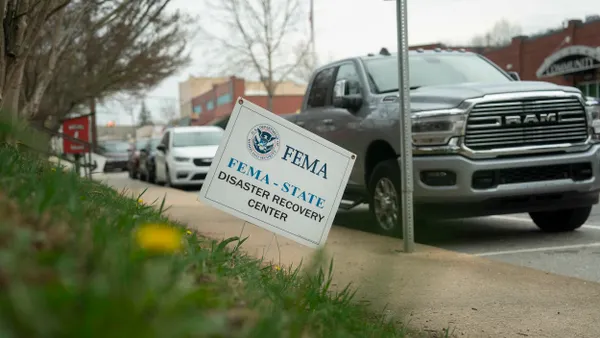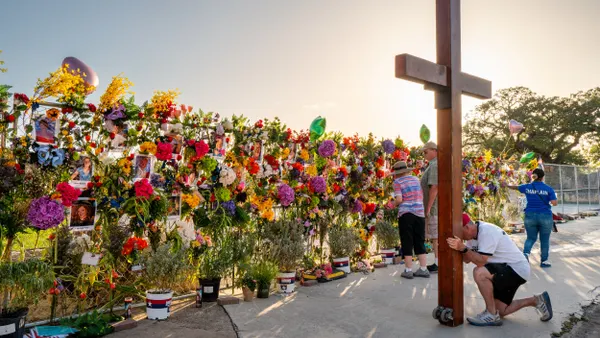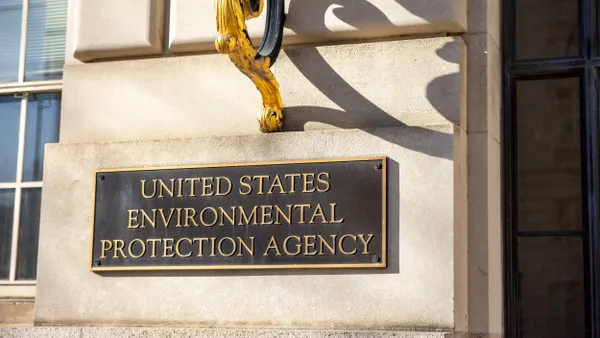Dive Brief:
- San Jose, CA leaders have finalized the details of a $450 million bond referendum to benefit affordable housing initiatives, according to NextCity. Two-thirds of voters have to approve the measure for it to pass on November 6.
- If approved, the bond would fund affordable housing preservation and creation, aiming for up to 3,550 new units of affordable housing. The money would be used to purchase existing housing to preserve its affordability, purchasing land for new developments and constructing new housing. The language says the measure would provide affordable housing for "working families; veterans; seniors; teachers; nurses, paramedics, and other workers; individuals with disabilities; domestic violence survivors; and the homeless."
- The city would repay the bond over time by increasing property taxes 8 cents per $1,000 of assessed value, for an average of $26.2 million yearly, until the debt is repaid.
Dive Insight:
The city has more than one million residents and the referendum document notes almost half of renters and owners below the household area median income spend more than 30% of their income on housing, and 22% of those renters spend more than 50% of their income on housing. The demand for affordable housing for the city's 4,400 homeless and other vulnerable populations "drastically exceeds the housing supply," and "this Council has declared a shelter crisis since 2015," the document says.
It's a bit ironic that one of the most well-known Silicon Valley cities, which has some of the richest tech industry employees in the country, is chock full of people who can't afford the homes they live in. Yet the tech boom is one of the prime factors cited for landing San Jose and many other West Coast cities in a housing crisis. As tech jobs brought an influx of new residents and soaring salaries, the amount of available and affordable housing didn't keep up. Now cities are trying a variety of measures to reverse the trend.
Leaders in San Jose have been debating commercial linkage fees — charges on new developments to fund affordable housing. San Jose Mayor Sam Liccardo is working with other Bay Area leaders on regional solutions to the housing crisis, recognizing that such problems rarely remain within one municipality's borders and usually pose widespread trouble.
The lack of affordability affects homelessness and contributes to people getting pushed onto the streets when they cannot afford to keep up with rising rents. Like many West Coast cities, as San Jose's homeless population has grown in recent years, a pilot was approved to build 40 tiny homes for people experiencing homelessness.
If San Jose voters approve the bond, one-third of the money would go toward citizens and families earning up to 30% of the area median income (AMI) and 16% would go toward households earning between 80% and 120% of the AMI. The measure is a good start, but impact would likely take time. The bond document alone indicates the measure is not enough to completely counteract San Jose's housing affordability crisis and must be used in conjunction with other measures, noting: "[T]he city cannot guarantee that the bonds will provide sufficient funds to allow completion of all the enumerated projects."










